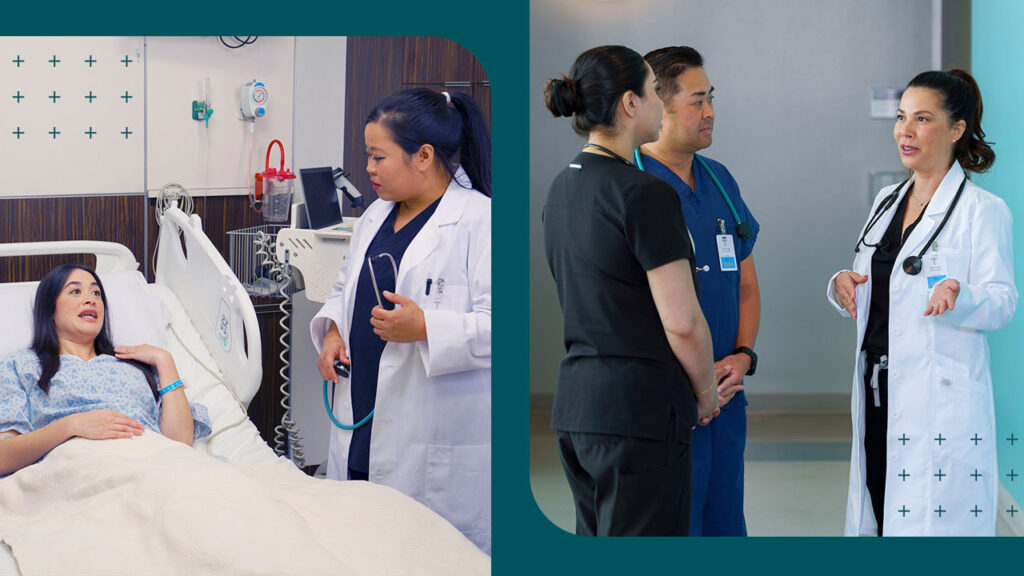An Advanced Practice Registered Nurse, or APRN, is a highly trained and licensed nurse with advanced education and clinical experience beyond that of a registered nurse. APRNs have specialized in one of several roles, such as Nurse Practitioner (NP), Certified Nurse Midwife (CNM), Clinical Nurse Specialist (CNS), or Certified Registered Nurse Anesthetist (CRNA). They can diagnose and treat patients, prescribe medications, and provide a wide range of healthcare services within their scope of practice.
APRN Roles
According to the APRN Consensus Model, there are four recognized APRN roles:
- Nurse Practitioner (NP): Provides comprehensive care, including health promotion, disease prevention, and management of acute and chronic illnesses.
- Clinical Nurse Specialist (CNS): Focuses on improving patient outcomes and nursing care quality through expertise in a specialized area of practice.
- Certified Registered Nurse Anesthetist (CRNA): Specializes in the administration of anesthesia and related care before, during, and after surgical procedures.
- Certified Nurse Midwife (CNM): Offers a range of services, including gynecological exams, family planning, prenatal care, and childbirth assistance.
Each role requires specific education, certification, and licensure. APRNs must also be educated and certified in one of six population foci: family/individual across the lifespan, adult-gerontology, neonatal, pediatrics, women’s health/gender-related, or psychiatric/mental health.
APRN Responsibilities
The scope of practice for APRNs varies by state, with some granting full practice authority and others requiring collaborative agreements with physicians. In general, APRN responsibilities include:
- Conducting comprehensive patient assessments
- Diagnosing and managing acute and chronic health conditions
- Prescribing medications and other treatments
- Ordering and interpreting diagnostic tests
- Providing patient and family education
- Collaborating with other healthcare professionals to coordinate care
APRN Education
To become an APRN, the following educational pathway is typically required:
- Bachelor of Science in Nursing (BSN): An undergraduate degree providing foundational nursing knowledge. An Associate Degree in Nursing (ADN) can also suffice for NCLEX-RN eligibility.
- Registered Nurse (RN) Licensure: Obtained by passing the NCLEX-RN examination.
- Graduate Nursing Education: Completion of a Master of Science in Nursing (MSN) program with a focus on an APRN role.
- National Certification: Passing a certification exam relevant to the chosen APRN role and population focus.
- State Licensure: Meeting specific state requirements to practice as an APRN.
West Coast University offers programs designed to help prepare nurses for advanced practice roles, including RN to MSN, MSN, and Post-Master’s Certificate options.
APRN Curriculum
While curricula may vary based on the APRN role and educational institution, core courses often include:
- Advanced Pathophysiology
- Advanced Pharmacology
- Advanced Health Assessment
- Role Development and Leadership
- Evidence-Based Practice
- Clinical Practicum Experiences
Learn more about advanced nursing courses at WCU.
APRN FAQs
What is the difference between an APRN and an RN?
While both APRNs and RNs are licensed nurses, APRNs have completed advanced graduate education and training, allowing them to perform a broader scope of practice, including diagnosing conditions and prescribing medications.
Can APRNs prescribe medications?
Yes, APRNs have prescriptive authority, though the extent of this authority varies by state regulations.
What settings do APRNs work in?
APRNs practice in various healthcare settings, including hospitals, primary care clinics, specialty practices, and community health centers.
Sources
https://www.bls.gov/ooh/healthcare/nurse-anesthetists-nurse-midwives-and-nurse-practitioners
https://www.ncsbn.org/nursing-regulation/practice/aprn.page


